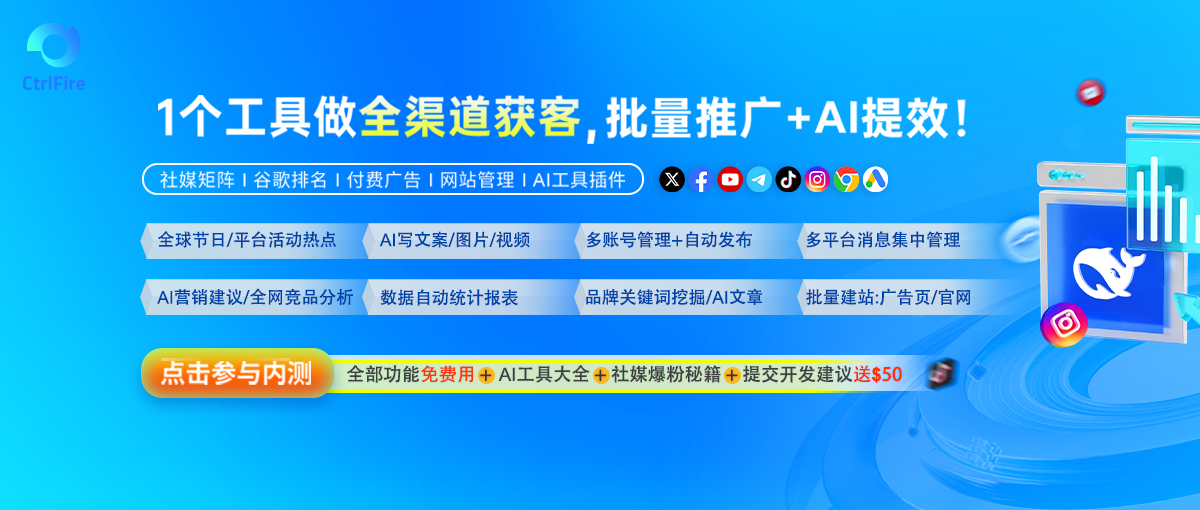Twitter数据分析:从入门到精通
Twitter数据分析:从入门到精通
在当今数字化时代,社交媒体平台如Twitter已经成为人们获取信息、分享观点和进行交流的重要渠道。对于企业、研究人员和市场营销人员来说,Twitter数据蕴含着巨大的价值。通过分析这些数据,可以洞察用户行为、市场趋势和品牌声誉。本文将带你从入门到精通,掌握Twitter数据分析的基本方法和工具。
1. 获取Twitter数据
首先,你需要获取Twitter数据。Twitter提供了Twitter API,允许开发者访问和提取数据。你可以使用Python的Tweepy库来与Twitter API进行交互。以下是一个简单的代码示例,用于获取特定关键词的推文:
import tweepy
# 设置API密钥
consumer_key = 'your_consumer_key'
consumer_secret = 'your_consumer_secret'
access_token = 'your_access_token'
access_token_secret = 'your_access_token_secret'
# 认证
auth = tweepy.OAuthHandler(consumer_key, consumer_secret)
auth.set_access_token(access_token, access_token_secret)
api = tweepy.API(auth)
# 获取推文
tweets = api.search(q='Python', count=100)
for tweet in tweets:
print(tweet.text)
2. 数据预处理
获取数据后,下一步是进行数据预处理。这包括清理文本、去除噪声和标准化数据。你可以使用Python的NLTK库或SpaCy库进行文本处理。以下是一个简单的文本清理示例:
import re
from nltk.corpus import stopwords
# 清理文本
def clean_text(text):
text = re.sub(r'http\S+', '', text) # 去除URL
text = re.sub(r'@\w+', '', text) # 去除@提及
text = re.sub(r'#\w+', '', text) # 去除#标签
text = re.sub(r'[^\w\s]', '', text) # 去除标点符号
text = text.lower() # 转换为小写
text = ' '.join([word for word in text.split() if word not in stopwords.words('english')]) # 去除停用词
return text
# 应用清理函数
cleaned_tweets = [clean_text(tweet.text) for tweet in tweets]
3. 数据分析
数据预处理完成后,你可以开始进行数据分析。常见的分析方法包括情感分析、主题建模和网络分析。以下是一个使用TextBlob库进行情感分析的示例:
from textblob import TextBlob
# 情感分析
def get_sentiment(text):
analysis = TextBlob(text)
return analysis.sentiment.polarity
# 应用情感分析函数
sentiments = [get_sentiment(tweet) for tweet in cleaned_tweets]
4. 数据可视化
最后,你可以使用数据可视化工具将分析结果呈现出来。Python的Matplotlib库和Seaborn库是常用的可视化工具。以下是一个简单的可视化示例:
import matplotlib.pyplot as plt
import seaborn as sns
# 绘制情感分布图
sns.histplot(sentiments, kde=True)
plt.title('Sentiment Distribution')
plt.xlabel('Sentiment Polarity')
plt.ylabel('Frequency')
plt.show()
通过以上步骤,你可以从入门到精通,掌握Twitter数据分析的基本方法和工具。希望本文对你有所帮助,祝你在数据分析的旅程中取得成功!
目录 返回
首页
